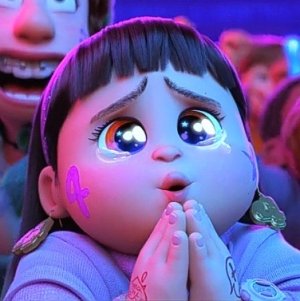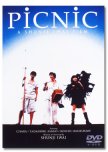Such a nice decision for Shunji Iwai to use walls as a symbol/metaphor than what it's normally being used for. Instead of walls being something that keeps these three main characters out, it becomes a way for them to see the world and experience freedom outside of the mental asylum.
Iwai's portrayal of mental illness is not wishy-washy nor is it romanticized. Instead, he gives us something real. These characters speak with the desire to be understood. Often, their words carry more than one meaning -- one that many misunderstand. When Satoru says, "Save me" while being strangled by blankets left to dry, he meant 1) literally save me 2) save me from this world and from myself. These little details are so nice and appreciated.
Picnic is a simple tale. With just an hour running time, Iwai embraces the cinematography with such beautiful visuals and light soundtrack, it tugs at your heartstrings. Despite being confined to wall within the walls, you feel like you are also exploring the world with the three main characters. Their stories are disturbing but that's precisely what makes it feel real. Carrying a picnic basket while watching the end of the world is such a simple act, it makes the "end of the world" feel as if it's just an every day thing.
While the theme of religion play here, I don't think Iwai is preaching. Instead, he gives the message that our life is dictated by us as much as we believe in God or not.
The final scene, black feathers contrast with the pink/yellow sun as it's about to set is so beautiful I will remember it forever.
Esta resenha foi útil para você?


























